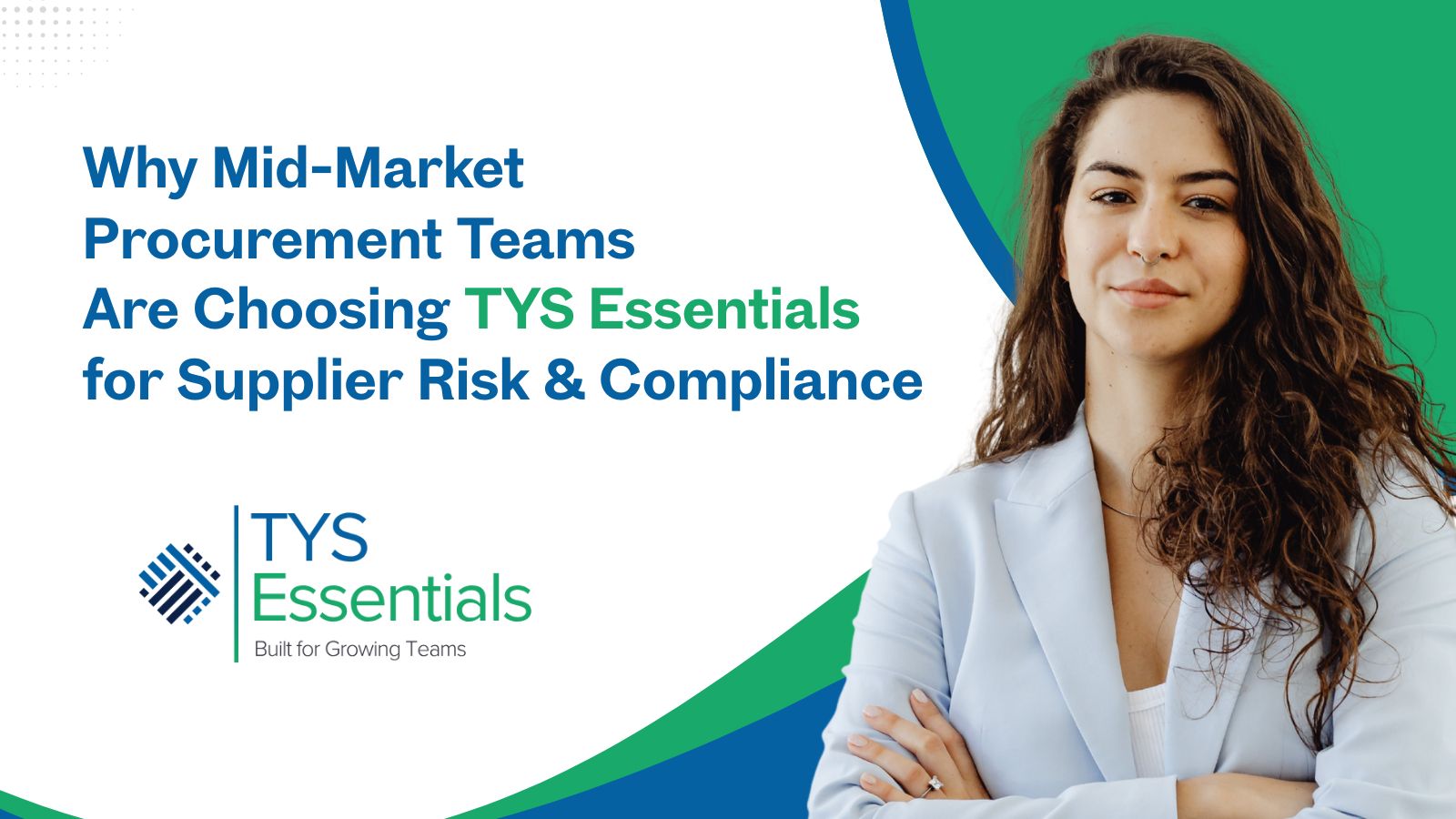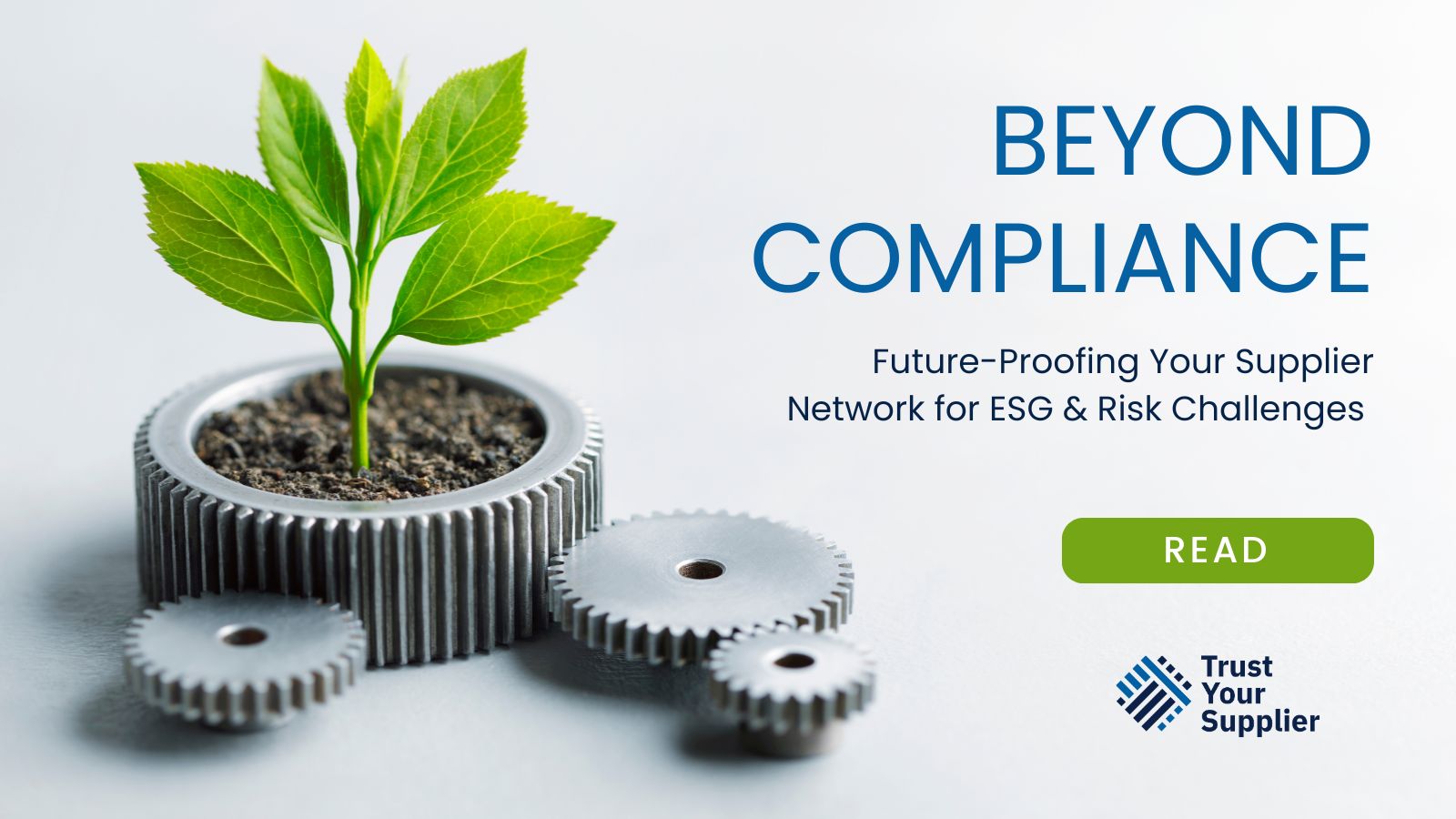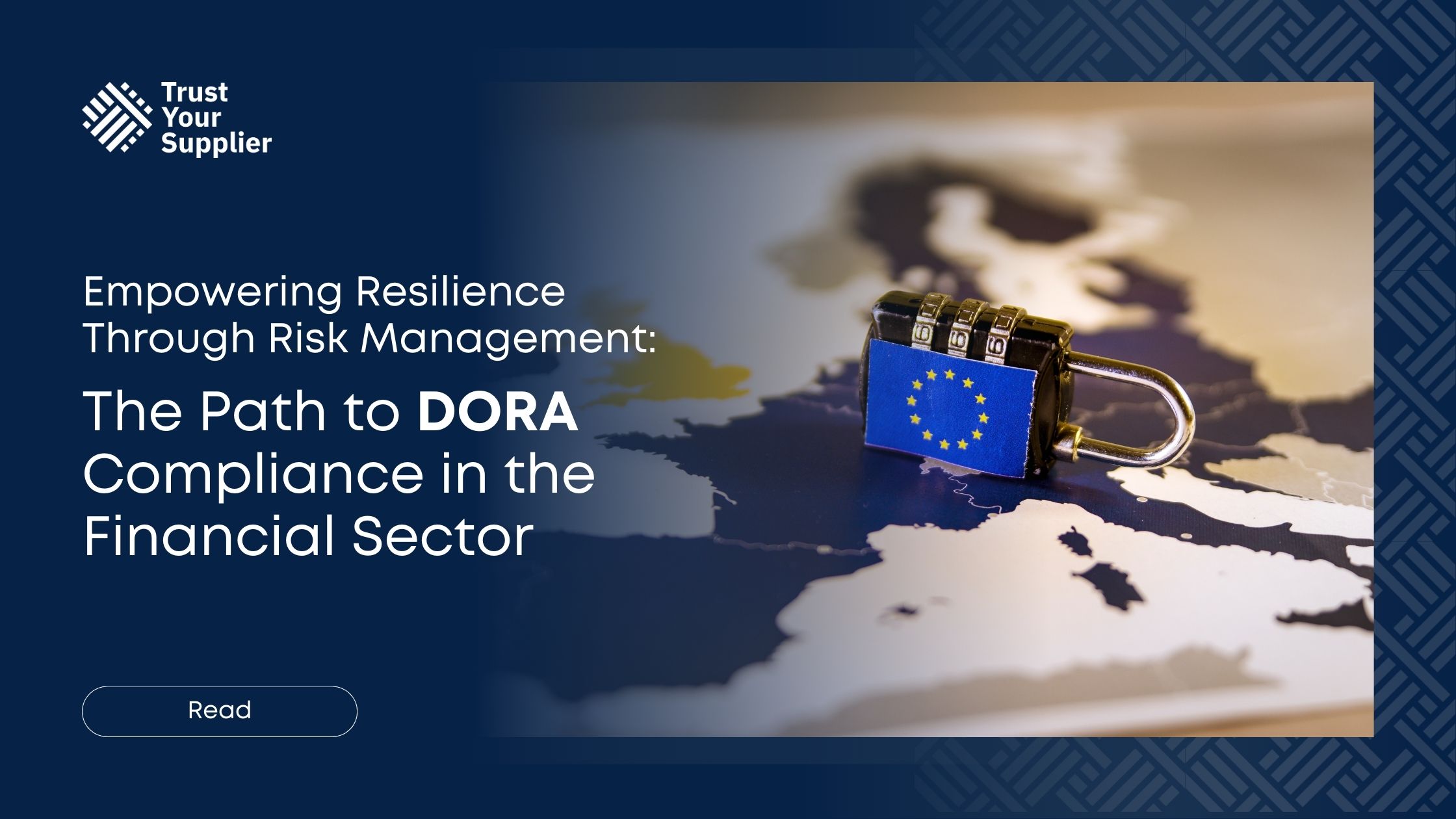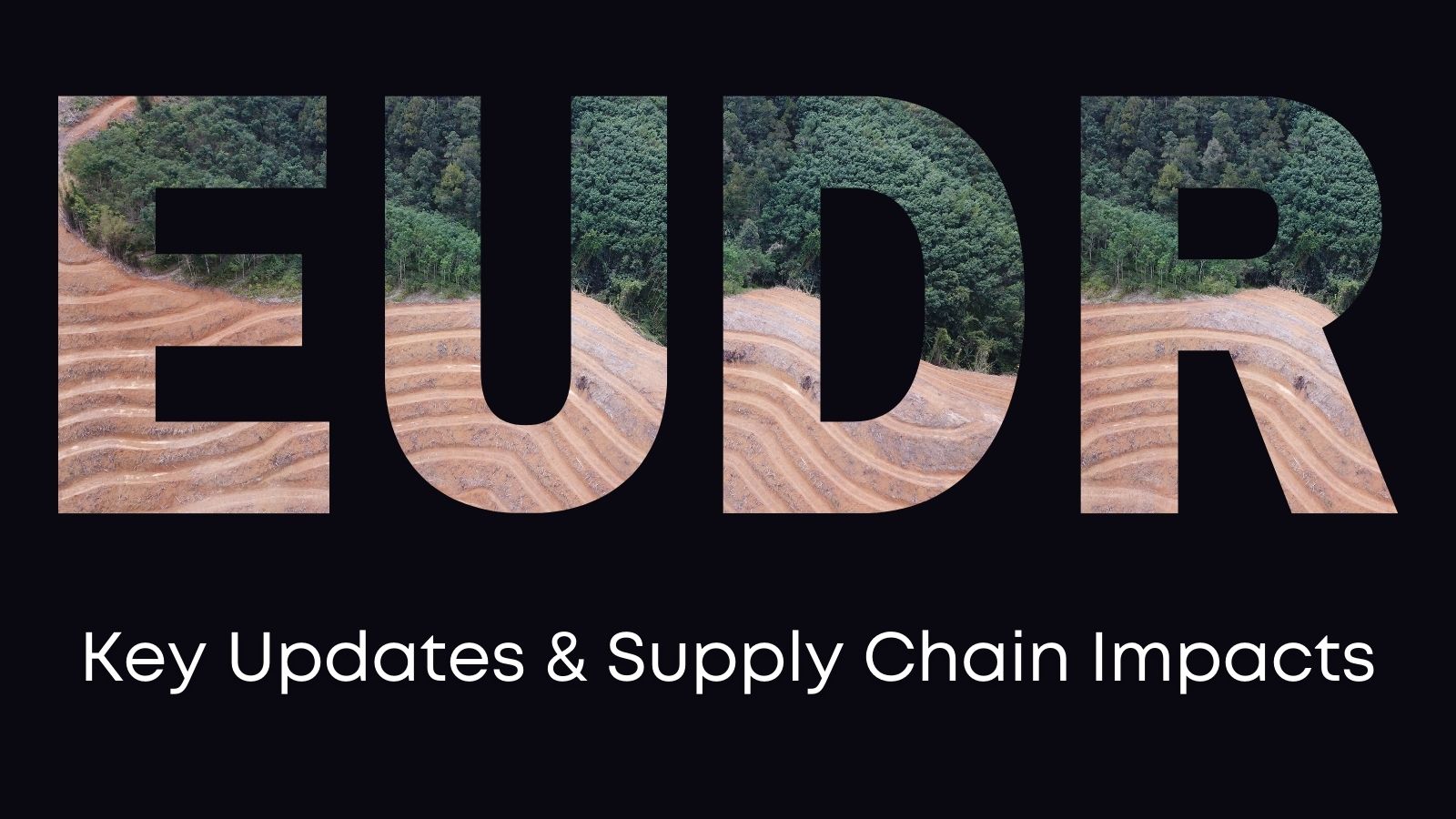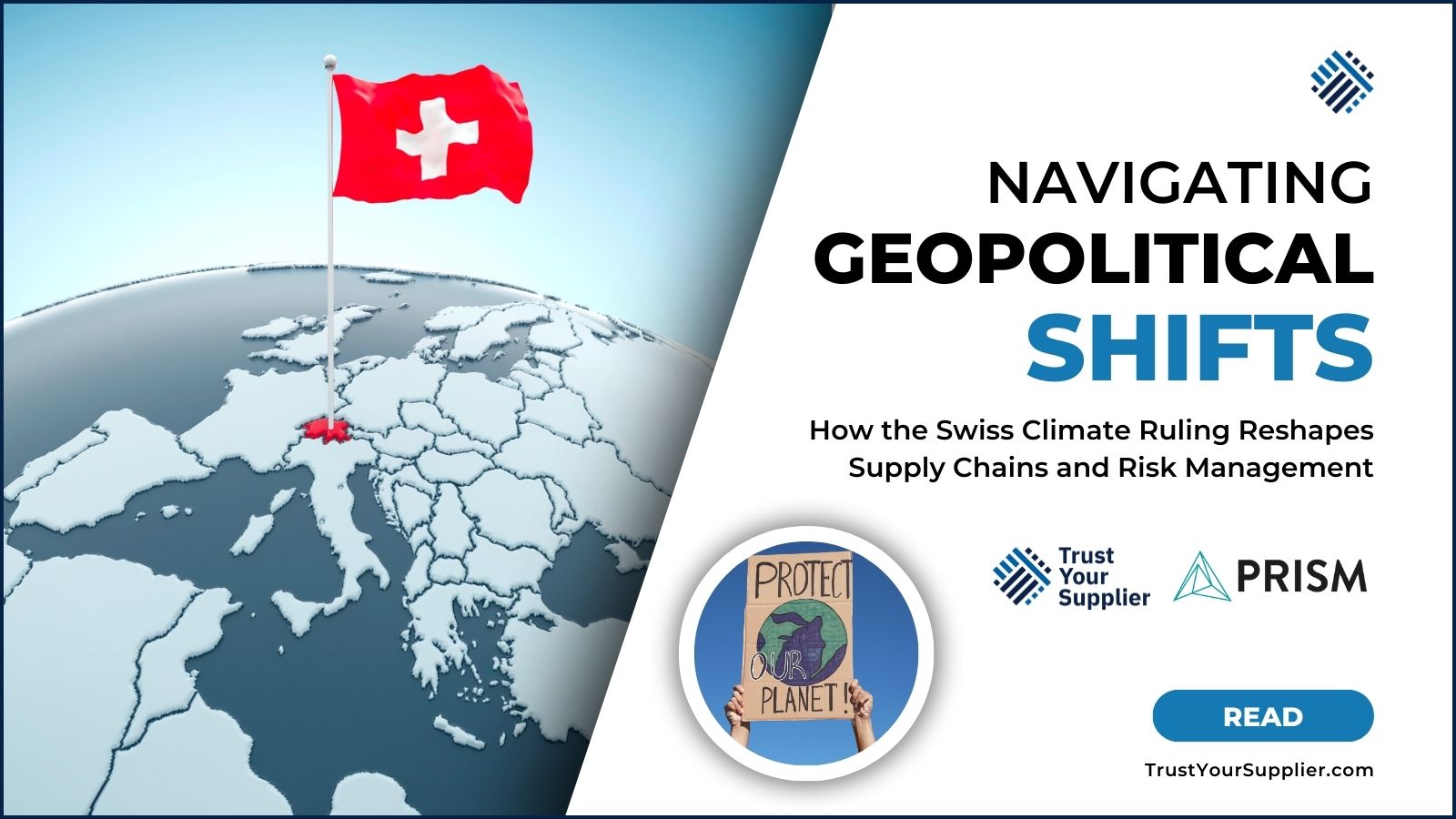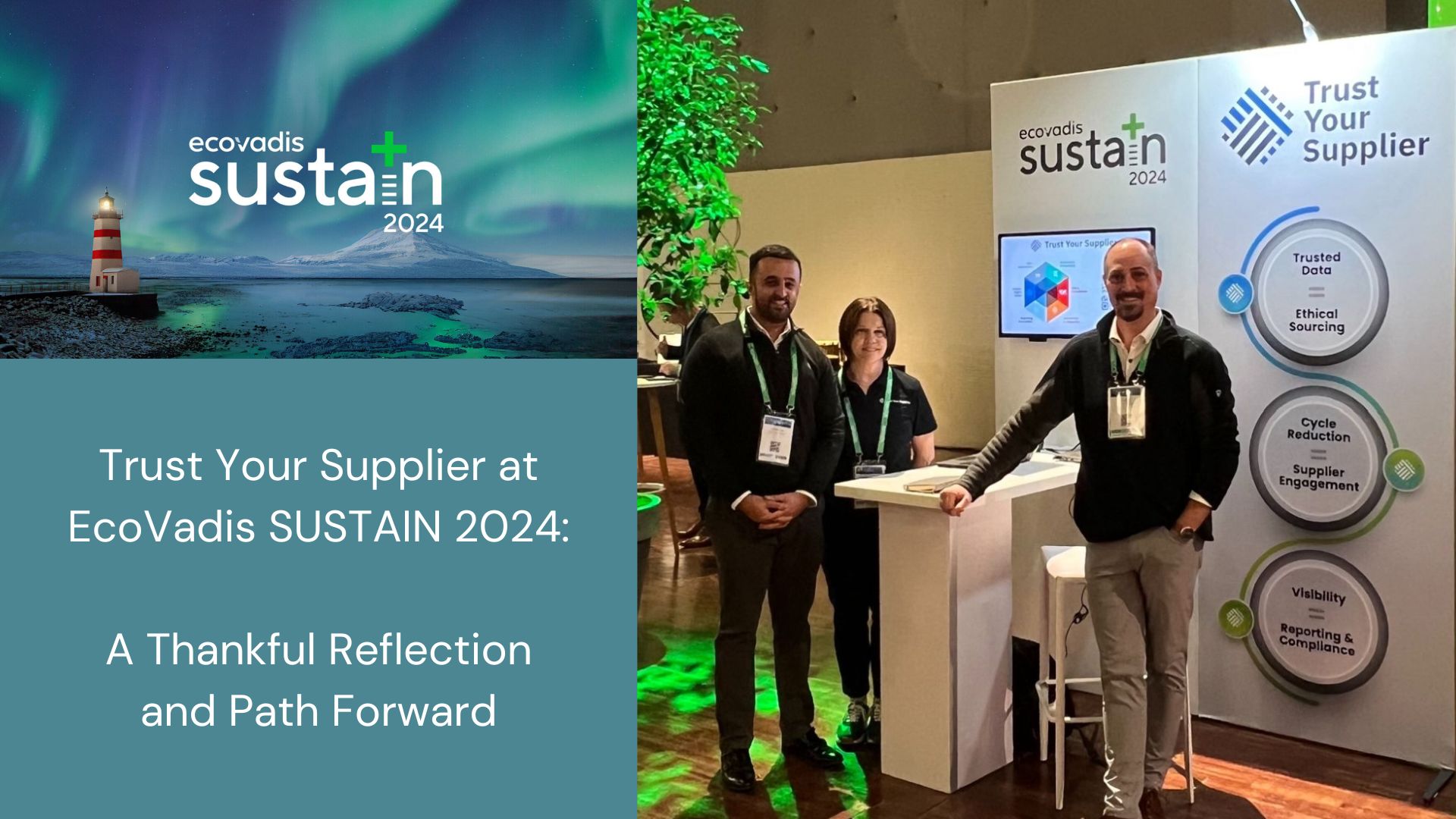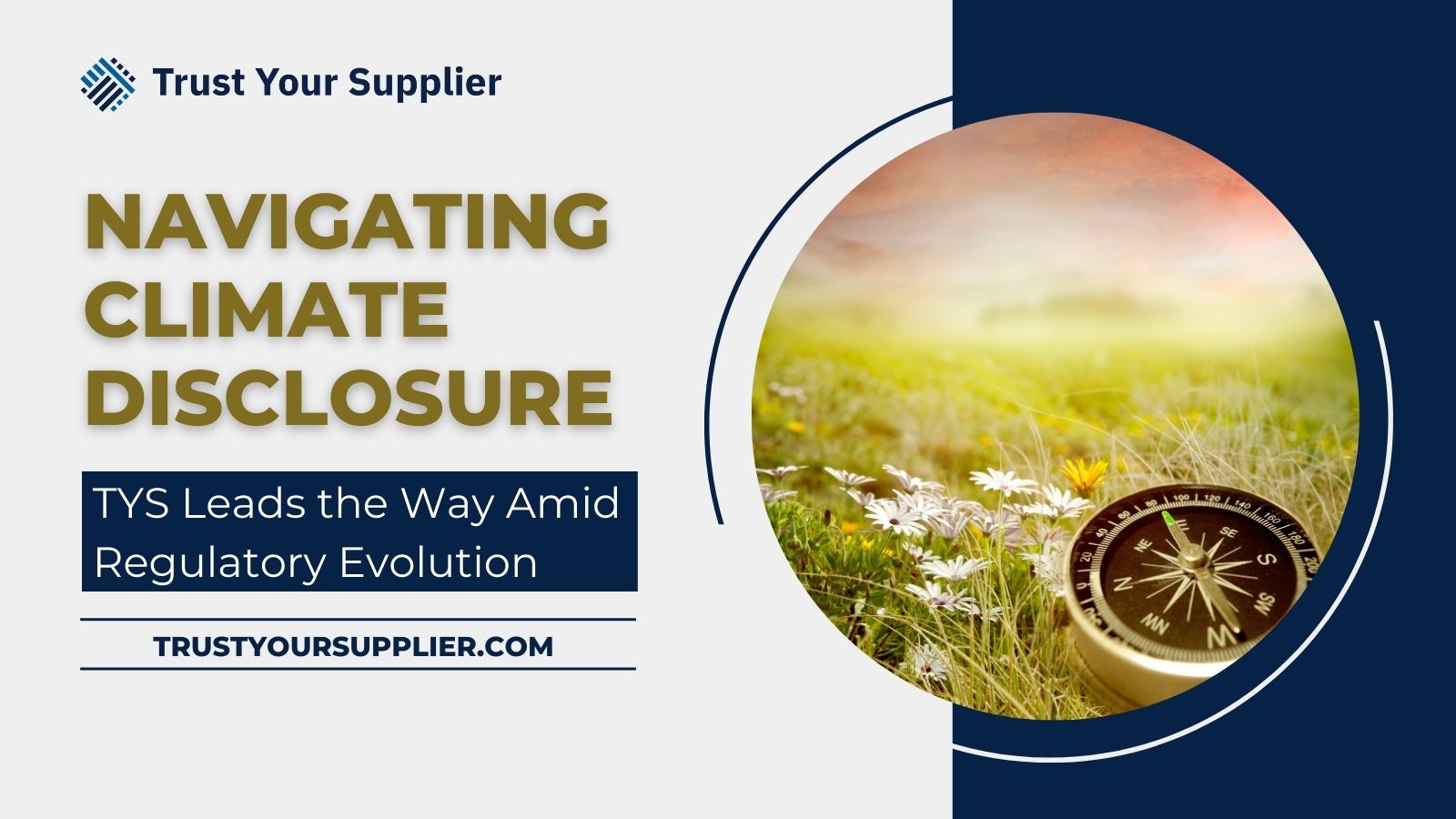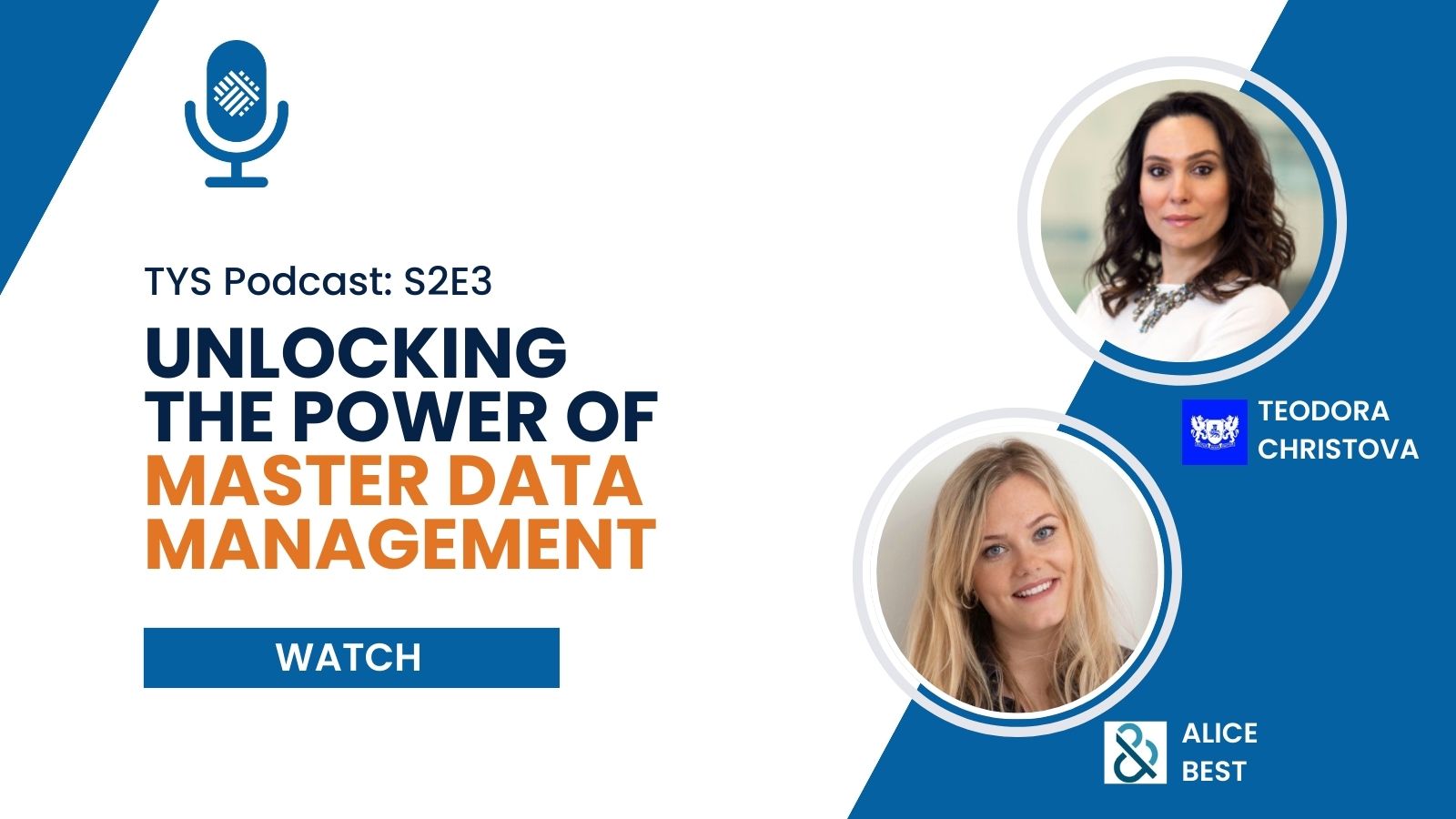If you lead procurement, compliance, or finance at a mid‑market company managing 500+ suppliers based across multiple regions, you face the same pressure to mitigate risk as Fortune 500 organizations, but with leaner teams and tighter budgets. You need a partner that can automate workflows, surface critical risk management insights, and help you stay audit‑ready without the overhead of a massive platform.
That’s why we built TYS Essentials – a solution tailored to companies under $1 billion in revenue.
The Mid‑Market Challenge
- Complex supplier networks. You’re responsible not only for direct components but also for raw material sub‑suppliers and contract manufacturers.
- Regulatory scrutiny. ESG, data privacy, sanctions screening, and financial compliance never sleep.
- Resource constraints. Small teams can be overwhelmed by manual approvals, endless email threads, and static spreadsheets.
- Fraud & business continuity risks. Late payments, falsified documents, or sudden supplier bankruptcy can halt production.
Now more than ever, it’s crucial to proactively manage risk, monitor your suppliers’ changing profiles, ensure compliance, and showcase ROI to leadership.
How TYS Essentials Helps You Mitigate Risk
Rapid Onboarding & Discovery
- Ready-made workflows and a user-friendly interface enable you to onboard suppliers within days instead of weeks, whether they’re raw material mills in Southeast Asia or packaging firms in Europe
- Fuzzy search, filters, and collaborative questionnaires help you find and qualify the right partners the first time
Integrated Risk Intelligence
- Data embedded from LSEG, D&B, Moody’s, and RapidRatings provides ongoing insights into financial stability and indicators of fraud
- Sanctions, PEP, and ESG screening occur automatically during intake, so you can mitigate risk before it becomes a liability
Real‑Time Compliance Automation
- Auto‑track required documents and certifications; trigger alerts when expiration dates approach
- Role‑based dashboards unite Procurement, Finance, Compliance, and Legal so everyone sees the same up‑to‑date snapshot.
Audit & ESG Readiness
- Centralized metrics and built‑in audit histories ensure you can prove your compliance posture at any time
- Report on raw material sourcing, carbon footprint, or supplier diversity in a few clicks
Scalable & Cost‑Effective
- No dedicated IT team? No problem. TYS Essentials installs in weeks, not months
- Starting at $25 K/year, it’s priced for mid‑market budgets – no enterprise complexity or hidden fees
Real‑World Impact
With Trust Your Supplier, one team unified onboarding, risk management, and documentation — all in one workflow.
- 65% faster onboarding cycle times
- 85% supplier adoption within the first rollout phase
- Real-time integration with risk data providers
- Centralized supplier profiles and audit-ready document trails
Outcome
The company now operates a more agile and compliant onboarding process, and its team has shifted its focus from administrative tasks to strategic sourcing.
How to Get Started
You don’t need a full system overhaul to make a major impact. TYS Essentials is built for teams that want to move quickly, reduce risk, and streamline onboarding without heavy IT lifts. Here are 4 simple steps:
Step 1: Evaluate Your Current Process
Where are the delays? Who’s involved? What risks are being missed? Use our Supplier Risk Checklist
Step 2: Use Our ROI Calculator
Input your current onboarding numbers and get a custom savings snapshot here.
Step 3: Schedule a TYS Essentials Demo
Reimagine your process and get a look inside the TYS platform.
Step 4: Start With One Region or Category
TYS Essentials lets you start small and scale up with ease.

